

Ask a security trainer: Tips for preparing my devices for holiday travel?

Lessons from Defense Department ‘Signalgate’ report

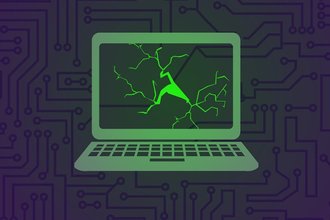
Commercial spyware targets Signal, WhatsApp users
To protect your sensitive conversations, you’ll need to make sure your device is safe.

Researchers find flaw exposing billions of WhatsApp numbers
Researchers discovered phone numbers and, in some instances, associated profile photos and names through WhatsApp’s contact discovery tool

Data breaches: an ever-present privacy problem
Data breaches are an unfortunate fact of modern life. While we can’t always control the security of the apps and services we use, there are some steps we can take to limit how much of our data is out there.
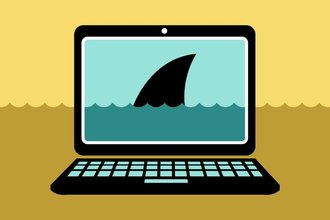
Malware exposes media company’s Slack chats
The names, email addresses, and chat histories of over 17,000 employees and external business contacts in the company’s Slack system were exposed thanks to one infected computer.

AI browsers: the security headache nobody asked for
Despite their growing presence, AI-powered browsers aren’t ready for prime time when it comes to security

Ask a security trainer: Can I trust public Wi-Fi networks?
The answer may surprise you

Phishing scams are all trick, no treat
Online scamming has become an industry.
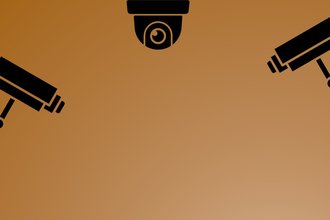
Great for costume ideas, bad for cybersecurity
State-sponsored hacking collectives are myriad, but let’s focus on one

How to limit exposing your location
This guide walks you through concrete steps to mitigate the risk of your location being tracked or identified by unwanted actors

A warren of subterranean hallways
If you are traveling to the U.S. soon, you can be forgiven if your mind starts racing and the words on your screen start blurring together

Data vampires … we mean, brokers
That unsettled feeling you get when you are served an all-too-accurate advertisement? Data brokers at work

Warning: Time to move away from Windows 10
With Windows dropping support for Windows 10, you’ll need to upgrade — or consider another operating system entirely!

iPhone 17’s killer feature: Memory safety
Apple’s new phone series has a secret superpower that will make mercenary spyware much harder to deploy

Ask a security trainer: How do I get secure phone backups?
Explore some options for backing up your phone privately and securely.

Verizon in hot water for selling location data
For one industry mining your data alongside telecom providers, it’s all about location, location, location

Signal’s new Secure Backup feature
Right now it’s on Android beta, iOS and desktop are on their way soon, too.

ICE revives contract for spyware
Targeted malware is the sharpest edge of the spear, but simple steps also do a great deal to lower your risk of attack

Device searches hit record numbers at U.S. border
The rise in device searches at U.S. ports of entry is consistent with ongoing upward trend — but there are things you can do to prepare

Ask a security trainer: Is mobile device location tracking a real risk?
Yes, but before implementing steps to mitigate it, take a moment to ask: Who’s at risk, when does it matter, and what’s at stake?

Added to the ICE group chat
ICE officers used unsecured text messages to communicate about a target marked for deportation. Then, they added a stranger

Defend against phone number theft
AT&T rolled out a new feature to help customers lock down their accounts. But it’s not just AT&T — your phone company may have their own version as well
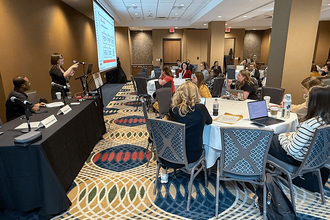
How to protect yourself and your information online
This article was republished with permission from the Education Writers Association. It has been lightly edited for style and consistency.A question many journalists are asking themselves in today’s shifting digital landscape: How can I protect myself and my information online? That was also the focus of a session …

Lock down those Firefox add-ons
Mozilla warns of phishing attacks targeting developers of Firefox add-ons

Assess risk and choose the right tools when recording interviews
Before journalists hit the ‘record’ button to capture interviews, it’s critical for them to think through the potential risks associated with recording and storing audio or video
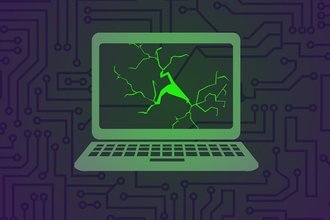
Apple’s least fun alerts
Research shows that in recent months, Apple has notified at least a dozen Iranian iPhone users of targeted spyware, including those in civil society

